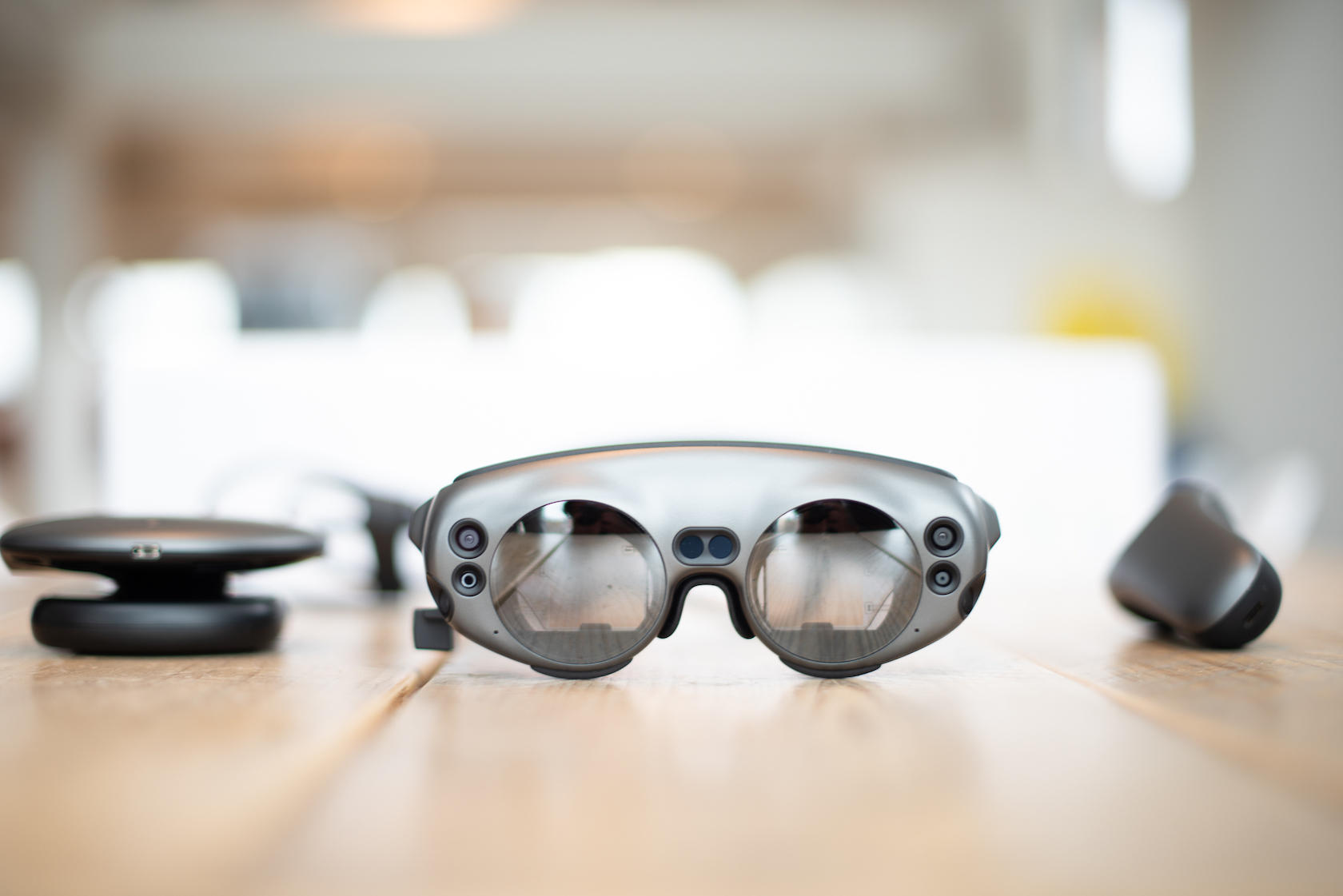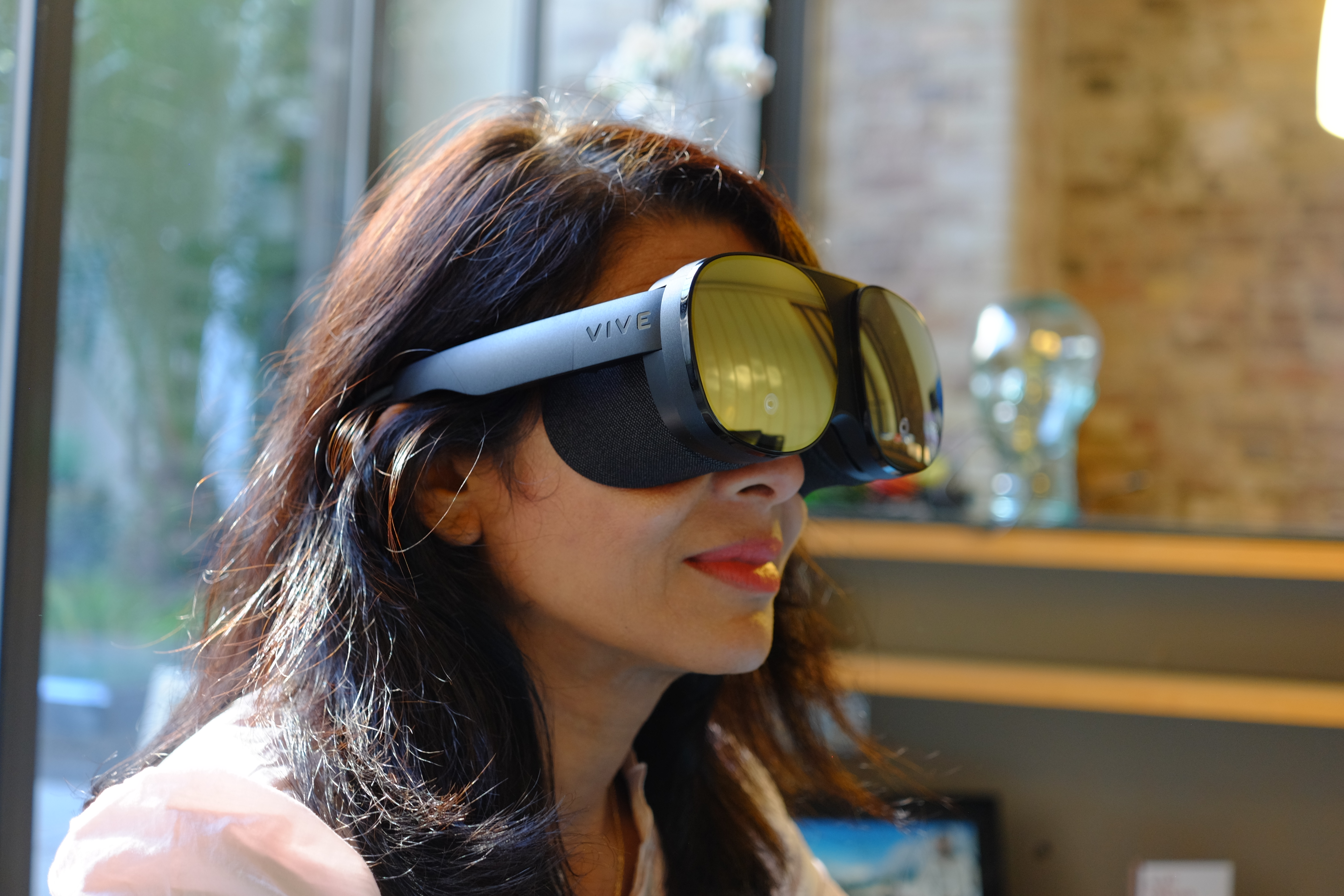Stop me if you’ve heard this one before: Apple is building a mixed reality headset that’s set to ship this year. The company’s MR (AR+VR) hardware ranks among its longest-lasting rumor cycles. Some (Apple Watch) have borne fruit. Others (that pesky Apple TV set) not so much.
The category doesn’t feel like a foregone conclusion for Apple. The road to a successful XR play is littered with the bodies of big corporations and well-funded startups. The underwhelming state of things is certainly not for a lack of trying. It’s also a wholly new product category — something that doesn’t come along every day.
There’s an interesting conversation to be had regarding how such a product would play into Tim Cook’s legacy, more than a decade after he took over the chief executive gig. While Steve Jobs’ role at the helm of the company during the development of the Mac, iPhone, iPad, et al. cemented his position as one of the 20th/21st century’s leading technologists, it seems entirely possible suggestions of his leadership around the product that would become the Apple Watch are somewhat overstated.
Regardless of whatever knowledge he might have had in the project’s infancy, Cook likely deserves the lion’s share of credit for ushering the product into the world. Ditto for AirPods, though one can also make the argument that those products were an evolution of Apple’s (and, perhaps, Beats’) existing work in the category. Smart home speakers arrived under Cook as well, though, one would be hard pressed to frame those as a success on the level of the aforementioned products.
Over the weekend, the Financial Times published a piece citing an anonymous former Apple engineer, who notes, “They have huge pressure to ship. They have been postponing the launch each year for the past [few] years.”
All told, Apple has apparently been working on this product for seven years. At the very least, the above comment gives one pause. It doesn’t sound especially confident about a company looking to the next piece of consumer hardware in the wake of an overall slowing smartphone market. There’s a correction happening in the smart home space at the moment, as well. Apple has utterly dominated the smartwatch category, with reportedly around 200 million sold. Still, nothing appears poised to match the billions of iPhones sold.
Apple appears to have anticipated a smartphone market slowdown, and has comfortably shifted major revenue figures into its content play. As such, it’s fair to wonder whether hardware will simply take a backseat for the company, going forward. According to the FT piece, however, “some inside the company believe [the headset] might one day rival the iPhone.” Plenty have been burned betting against Apple in the past, but the scattered state of the market provides plenty of reason to be skeptical.

Photo taken in Gent, Belgium. Image Credits: Getty Images / Bram Van Oost / EyeEm
I met with the major players in VR at CES back in January, and two things stood out. First is the push into enterprise. Of the four headsets I spent time with, only one (PSVR) is primarily consumer focused. Magic Leap has fully pivoted to business, while Meta and HTC are leaning in heavily as well. Makes sense. The consumer space is unproven, and there’s a ton of money to be made selling this stuff to businesses.
“We really saw that there was a value to be derived from AR much sooner from enterprise,” Magic Leap CTO Daniel Diez told me at the show. “The feedback we were getting from them was that. It also gave us insight into how the product needed to evolve to be truly purpose-built for enterprise, and that’s what you see in the Magic Leap 2.”
The other bit is that practically everyone I spoke with told me they’re looking forward to Apple entering the space. It’s kind of a rising tide raises all ships deal. Apple’s entry would — theoretically — create new market share, rather than cutting into what already exists. In spite of having been around for decades, it’s a nascent category to say the least.
Technology has been the major longstanding issue there. Having played around with the existing generation of products, however, I can say with certainly that the big players are already doing some really impressive things here. If you haven’t tried the technology since the days of Google Cardboard, do yourself a favor and find a headset to play around with. The other bottleneck is software. Apple entering the field would help tremendously on that front.

Image Credits: HTC
Many of the major hardware pieces are in place for Apple, as well. In-house silicon is a big potential driver here, especially as the company has made major advances on the GPU side of things. Seeing as how this will likely be a major ecosystem play (because Apple), this could well be the AirPods’ spatial audio’s time to shine.
Naturally, the company isn’t commenting on any of this. With the exception of some key hardware misfires (MacBook keyboards, Studio Display webcam), the company waits until things are fully baked before releasing them to the public. Apple is well known for taking its time — not being the first to market and still managing to release category-defining products. In the case of things like the AirPower wireless charger, Apple opted to scrap the project instead of delivering something half-baked.
The company told us at the time, “After much effort, we’ve concluded AirPower will not achieve our high standards and we have cancelled the project.”
But an MR headset isn’t a wireless charger. To Apple, it’s a huge piece of the company’s future. While that only drives home how important it is the get the product right the first time, it also brings into sharp focus why shareholders are likely increasingly impatient after seven years of planning.
Regardless of whether Apple needs a mixed reality hit, however, mixed reality increasingly seems to need an Apple hit.
Apple’s AR/VR headset reportedly being pushed out due to ‘huge pressure to ship’ by Brian Heater originally published on TechCrunch
from TechCrunch
via Click me for Details
No comments:
Post a Comment